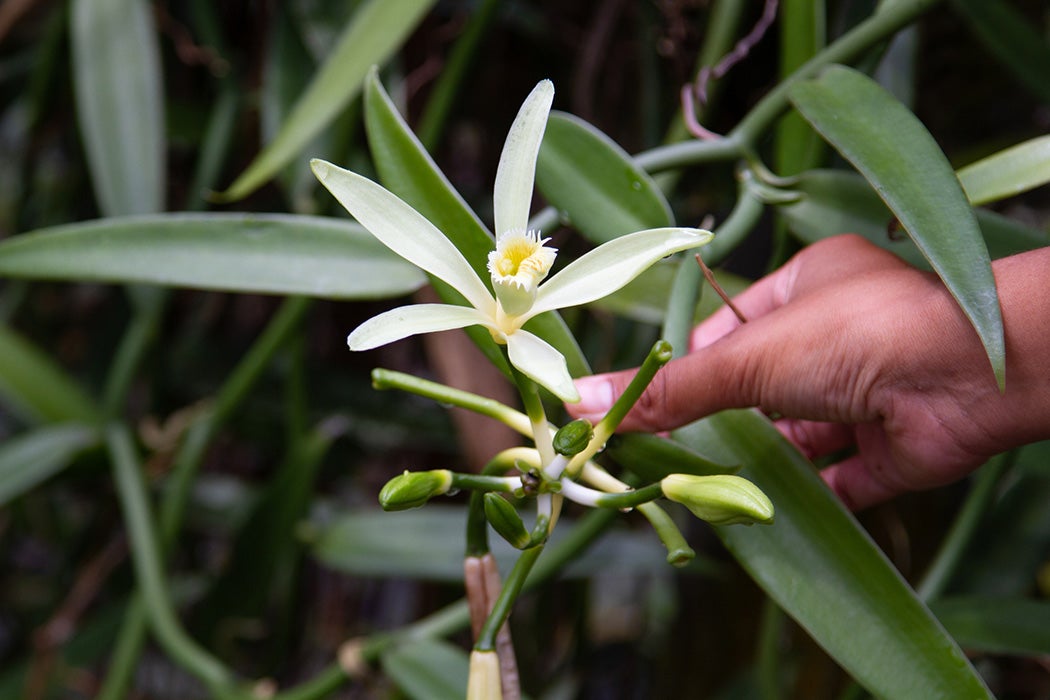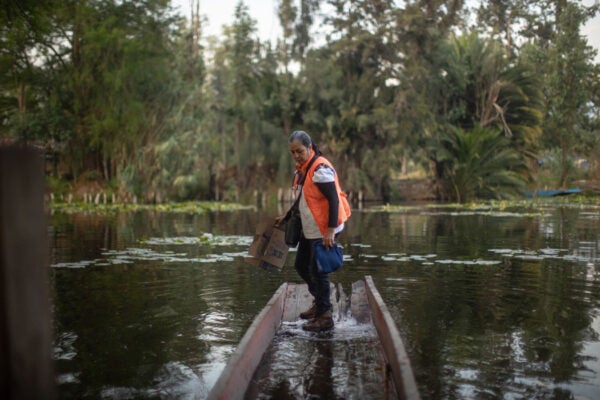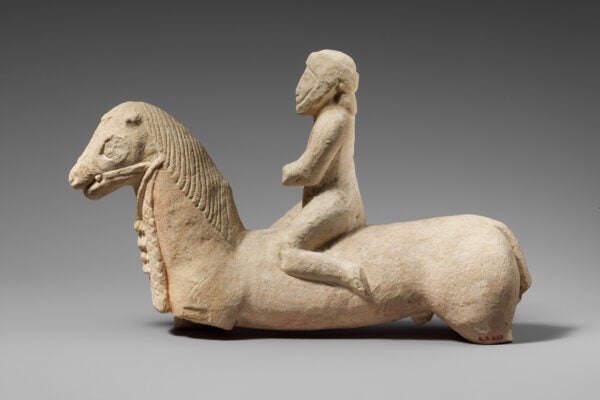The Colonial History of Vanilla (Smithsonian Magazine)
by Jay Cheshes
Vanilla and its culinary uses originate in Mexico, but the flavor’s spread around the world owes a great deal to the island of Réunion and a botanical technique invented by an enslaved child.
Hannah Arendt and the Fight for the Truth (Public Books)
by John Plotz
Hannah Arendt famously wrote about totalitarianism. She also investigated the role of liars and lies in American politics—and ways to resist them that are relevant to the current fight against autocracy.
Agricultural Innovation in Hawaiʻi (Atlas Obscura)
by Sarah Lohman
In the centuries before Europeans arrived on their islands, Hawaiians developed a method of intensively farming sugarcane and sweet potato to feed a large population. Now, researchers are rediscovering the lost technique.
Music out of Synch (Big Think)
by Marcus du Sautoy
In most of the music we listen to, all the action revolves around a central, repetitive rhythm. But some composers disrupt all that with sounds that fit together in uneven ways—an effect best produced with the use of prime numbers.
The Fluid Brain (Aeon Magazine)
by Luiz Pessoa
Neuroscientists have often thought about the human brain as a collection of areas with different purposes, much like different organs of the body. But it might make more sense to view it like an orchestra in which different elements connect with each other dynamically to carry out different functions.
Got a hot tip about a well-researched story that belongs on this list? Email us here.






